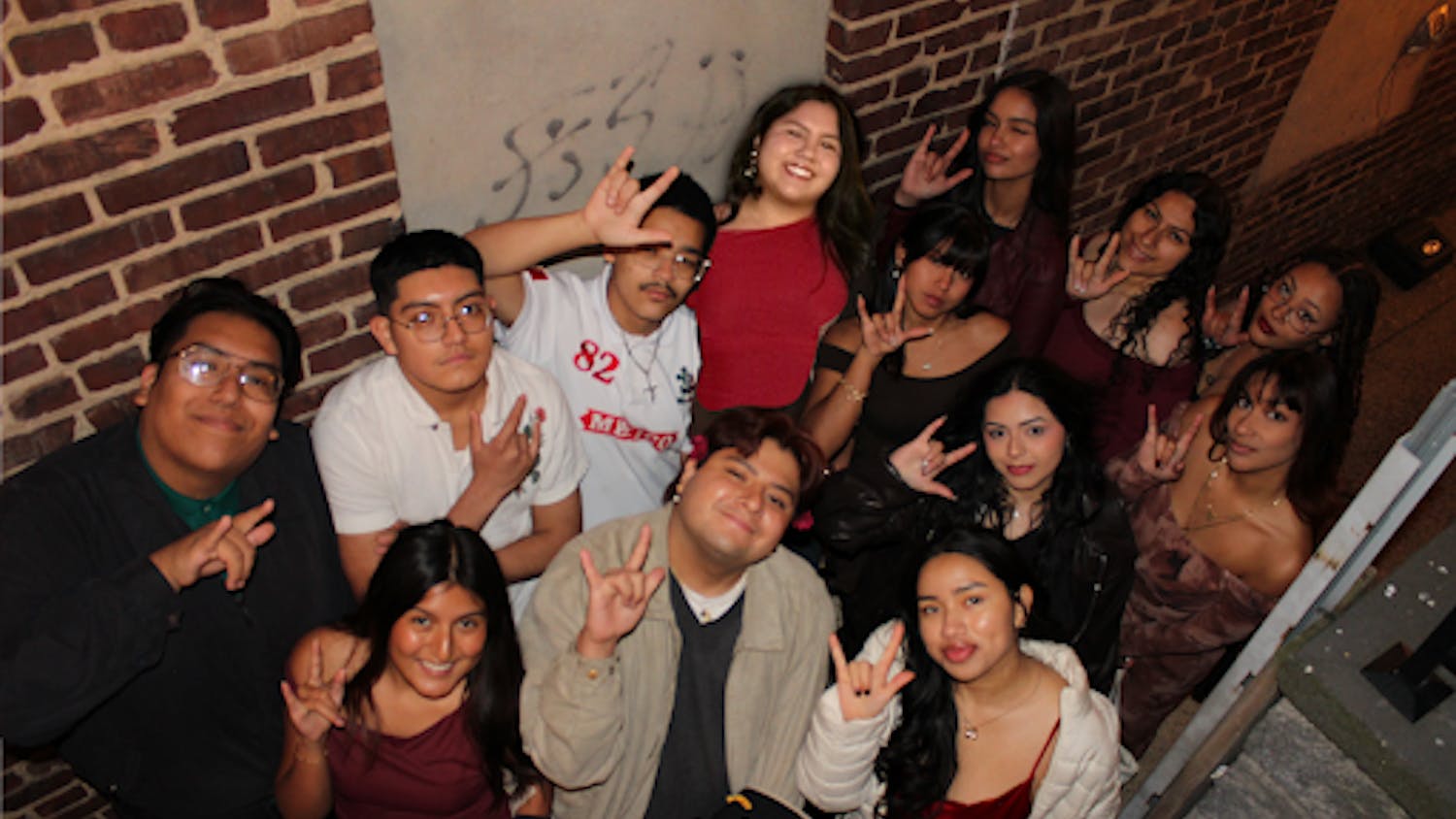The generation of Americans who grew up with G.I. Joe believes that the image of the American soldier is a big, buff, stern-faced man programmed to fight and kill. However, the American soldier today is far from this stereotype. The men and women fighting for this nation as soldiers are people with real jobs and lives who do not just live for conflict.
P.J. Spigner, sophomore law and justice major, is living proof that the life of a soldier is not just drilling and killing.
From afar, Spigner seems a bit intimidating. His large frame and statuesque height seem threatening. However, upon closer inspection it becomes clear that Spigner is far from menacing. He greets everyone he meets with a smile and a quiet, soft-spoken voice that soothes the ear. Yet, although Spigner does not look like G.I. Joe, do not be fooled. In his short time with the Army, he has already proved himself to be a dedicated and committed soldier.
Spigner enlisted in the U.S. Army Reserves in 2000 for the same reasons many enlist. Along with receiving financial aid for school, Spigner comes from a military family and wanted to carry on the family tradition. Once he signed up, Spigner settled into his new life. He was able to go to college like most nineteen-year-olds, and then one weekend a month he did his part for the Army and kept up on his military training.
However, Spigner's routine life shattered after Sept. 11, 2001. Just one week after that day, Spigner learned his unit was being activated. By Oct. 1, 2001 Spigner was on a plane heading toward North Carolina to begin intensive training in preparation for overseas combat.
For two months, Spigner went through combat training at Fort Braggs, learning combat and life skills necessary for going to war. While most of his friends were spending their time studying biology and philosophy, Spigner was getting up at 4 a.m. and learning map reading skills and terrain maneuvering.
"We also had to do heat training since it's over 125 degrees there. They had a mock desert and we would go out having 40-50 lbs of gear on from 6 a.m. to 1 p.m. since that's the hottest part of the day," Spigner said.
Even with the intensive training, Spigner said he still did not feel completely prepared when the time came to actually go to Afghanistan.
"I wasn't sure what to expect," Spigner said. What he came to find in Afghanistan was a virtual "tent city" which was to be his home away from home. This so-called "city," as Spigner described, was a fully operational army base, almost identical to the kind of base he had been training on in North Carolina.
Although back in the states Spigner went through extensive artillery and combat training, he found that once in Afghanistan his role in the war effort was much different.
"I worked as an aid for a general, so I basically got to just work out of headquarters," Spigner said.
As a result of his assignment, Spigner does not have the kind of war stories your grandfather or father told you about World War II or Vietnam.
"When you're not on front lines, you don't comprehend what it means to be at war," Spigner said. "It feels like you're at home, just a couple 1,000 miles away."






